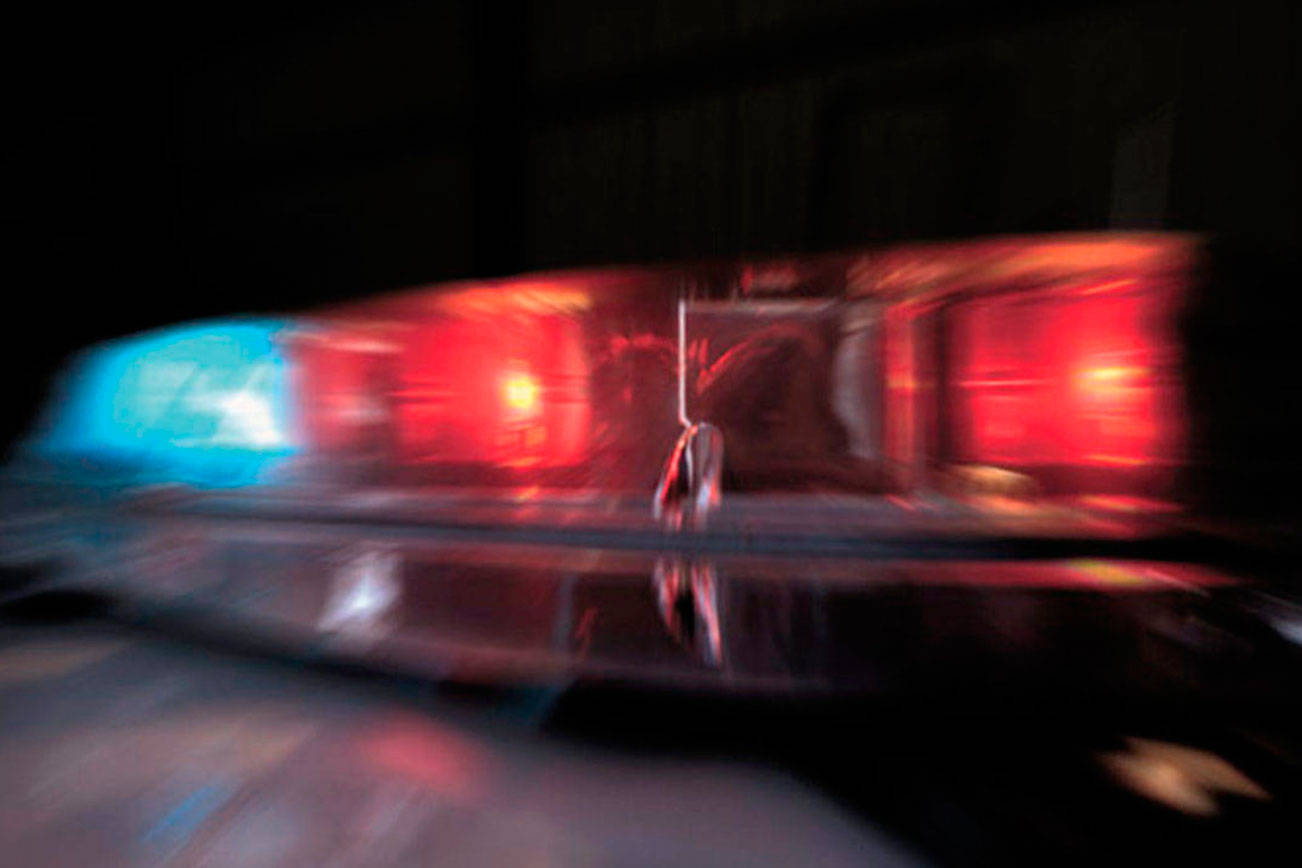Auburn Police officers have been working with community development, code enforcement, city attorneys and other law enforcement agencies over the last three months to identify city neighborhoods where illegal drug activity is causing the most hurt.
So police can direct attention and resources to the areas that need them the most.
They’ve identified the neighborhoods.
On Monday, the Auburn City Council discussed a potential ordinance modification that would provide police with more tools to use in those places, tools that other jurisdictions in the state and beyond have used with consistency to fight illegal drug-related activities.
One such tool is court-ordered, “stay out of areas of drug activity,” which make violations of orders issued by courts of competent jurisdiction separate violations,
City Attorney Dan Heid said the areas identified to date – one in the downtown area, the second by The Outlet Collection mall, the third in the south part of town, and the fourth on the Muckleshoot Plateau – are likely to undergo modifications.
Heid said that in the development and identification of anti-drug emphasis areas, it would be appropriate to conduct ongoing evaluations to see how well the new laws are working and to determine the size of workable, anti-drug-emphasis areas.
Depending upon the outcome of law enforcement efforts, and an evaluation of identified areas, Heid said it may be also appropriate to adjust or increase the number of such areas, or to otherwise modify code provisions calling for court-issued orders prohibiting offenders from entering or remaining there.
Indeed. the tribe in consultation with the City raised concerns about the area on the plateau, and the city took it out – perhaps, however, only temporarily.
“We took out the one on the plateau because it covers some tribal property, and they were concerned about how that would affect tribal operations, and we tried to give them our answers. But rather than just hold the whole thing up until we got all that done, we just took that once piece out,” Heid said.
“We may be amending it down the road if it turns out other areas could benefit from this, and conceivably even adding back in those areas on the hill depending on what we come up with,” Heid said.
The evaluations and potential modifications would be an ongoing aspect of enforcement through the tools provided by the ordinance.
“We also plugged in parks, and the reason we plugged in parks is because if you have people doing drugs in parks, and you close down one park, all they have to do is go to the next park,” Heid said.


